When Should Someone With Dementia Move Into a Care Home?
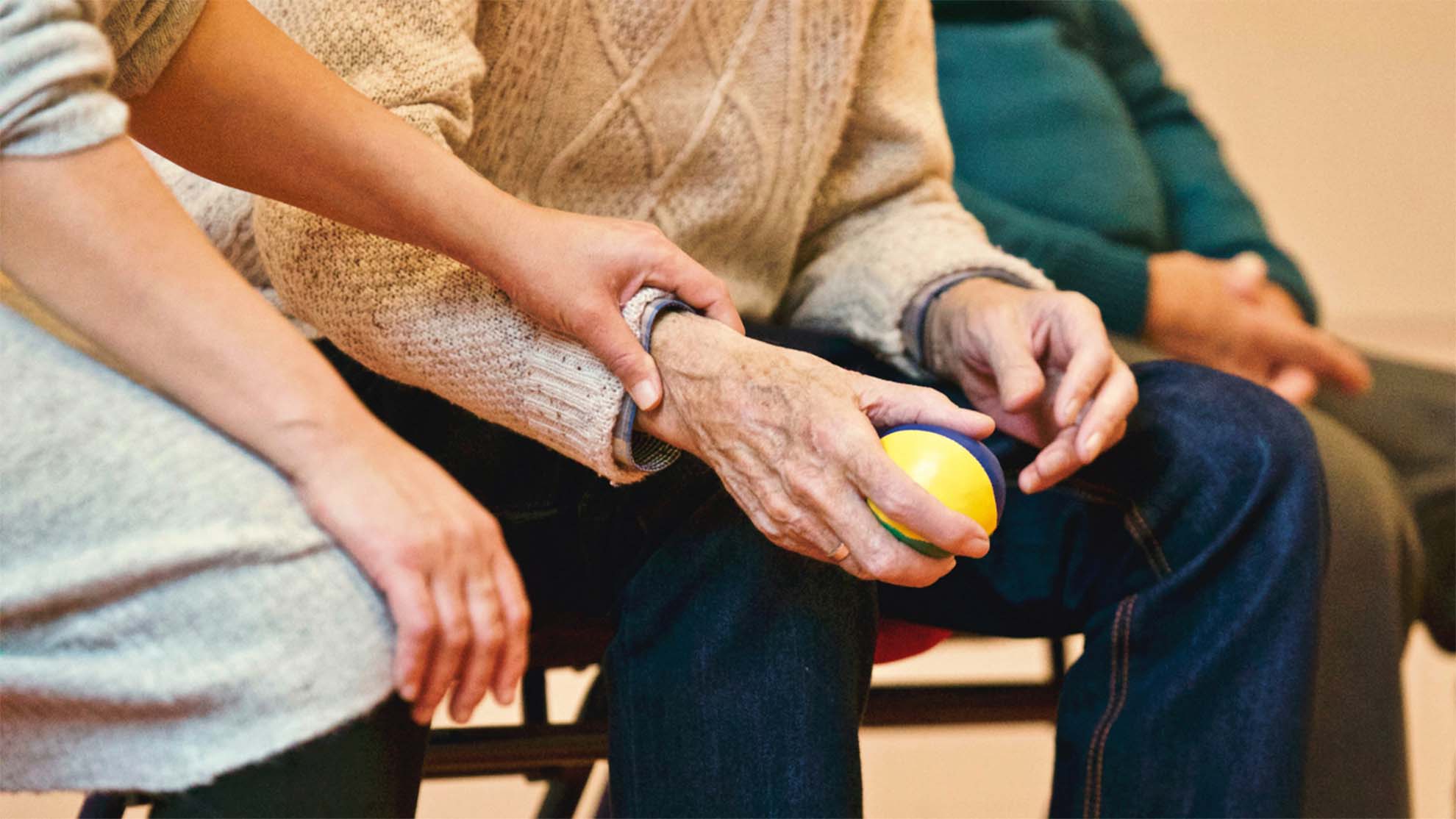
Making the decision to move a loved one living with dementia into a care home is deeply emotional and complex. In Bridgwater, Somerset, families face this challenge while balancing personal values, safety concerns and the progression of dementia. The key lies in recognising when home-based care is no longer sufficient and when risk begins to outweigh familiarity and comfort.
Daily Living Takes a Toll
When your loved one starts struggling with basic everyday tasks, such as bathing, dressing or managing meal time, it signals an important shift. If they frequently miss doses of medication, go without food or their personal hygiene starts to deteriorate, it’s no longer just a personal lapse, it’s a safety concern. Losing independence in these moments often marks the earliest stage when residential dementia care becomes essential.
Wandering and Everyday Risks
One of the most unsettling symptoms of advancing dementia is wandering. When familiar surroundings lose their comfort and direction becomes lost, combined with mobility issues or confusion, it can lead to serious falls or hazardous situations, from leaving cookers on to forgetting to lock doors.
Emotional and Behavioural Challenges
Dementia often brings behavioural changes, agitation, aggression, intense anxiety or hallucinations, which can overwhelm family caregivers. Evening increases in confusion, known as “sundowning,” are especially hard to manage at home. Across care homes, this is recognised as a tipping point. Specialist dementia staff are trained in non-pharmaceutical calming techniques, sensory activities and structured routines tailored to each person’s needs.
Confusion and Cognitive Decline
When someone starts withdrawing from social activities, mismanages money or cannot recall basic tasks, even with reminders, it becomes a sign that home life may no longer offer enough support. Disturbed sleep cycles and increased disorientation also lower quality of life. In a care home setting, structured days with communal meals, themed activities and supportive staff can help reintroduce a sense of purpose and calm amidst cognitive decline.
Advance Health Needs and Palliative Care
In later stages of dementia, residents may experience serious physical decline, such as swallowing problems, repeated infections, immobility, and weight loss. A care home with qualified nurses and care teams can manage this with dignity and clinical oversight, something that becomes impossible to replicate at home.
When Carer Strain Becomes Too Much
Caring for someone living with dementia often grows into a round-the-clock responsibility. Burnout is common, including exhaustion, strained family relationships, and declining health. When care becomes a source of anxiety rather than comfort, it’s a clear signal that residential care is no longer a compromise, it becomes a necessity to support both the person living with dementia and their family.
Why Casa di Lusso Dementia Care Home in Bridgwater Is the Right Choice
Casa di Lusso Care Home, set in modern, purpose-built surroundings in Bridgwater, Somerset, blends clinical expertise with homely warmth. With 90 ensuite rooms, dedicated dementia and nursing wings, its built environment reflects thoughtful design with secure gardens, dementia-friendly signage and accessible communal areas including a cinema, café and hair salon .

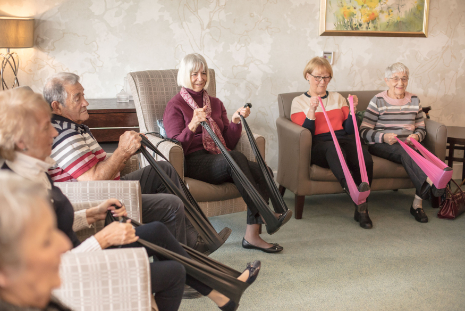
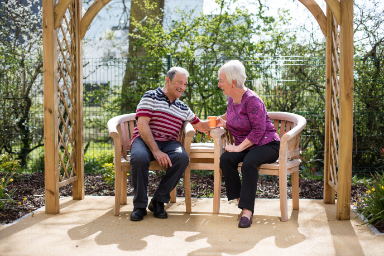
Staffed by trained dementia and nursing professionals, Casa di Lusso provides 24/7 clinical care and personalised support. Residents' weekly schedule includes arts and crafts, yoga, baking, music nights, gardening and outdoor excursions designed to enrich mind, body and spirit.
Rated “Good” by the CQC, and praised by families for its clean facilities, attentive staff and excellent food hygiene, Casa di Lusso combines reliability with a caring environment that respects individuality and family involvement.
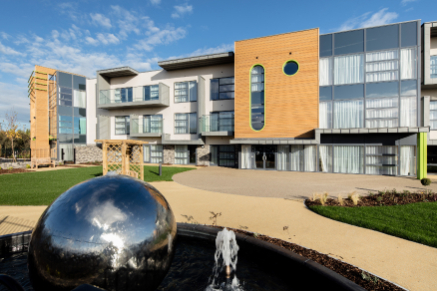
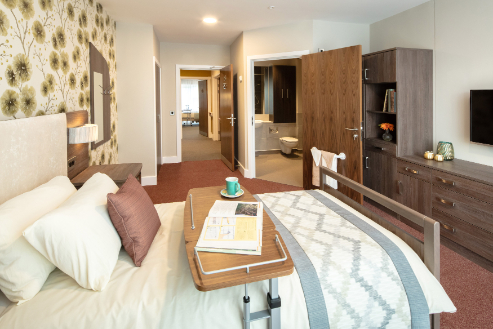

Practical Guidance for Families
The shift into residential care doesn’t need to feel abrupt. Casa di Lusso encourages trial or respite stays so residents can adapt gradually. Bringing favourite furniture, photographs, familiar bedding and personal items helps create a comforting space. Including loved ones in care assessment and funding conversations ensures person-centred care decisions and legal clarity, such as appointing Lasting Power of Attorney and advance care planning.
Communication is key: explaining the move in positive terms (“a beautiful new home with friends and activities”) can reduce anxiety. Setting up technology for family calls and regular visits keeps emotional bonds strong, easing the transition for both the resident and carers.
When a loved one living with dementia begins to struggle with daily routines, experiences frequent confusion or wandering, shows behavioural decline or places unsustainable strain on family carers, it’s time to consider specialist dementia care. Casa di Lusso Care Home in Bridgwater, Somerset, is designed to meet these evolving needs, offering safety, clinical support, engaging community life and reassurance for families. The road to residential care is never easy, but with careful planning and compassionate support, it becomes a path toward improved quality of life for everyone involved.
For any questions about care levels, trial visits, funding or legal preparation, contact Casa di Lusso Care Home today and take the next step toward a safer, more supportive environment for your loved one.

